‘Dog in iso’: Dog owners warned of ‘spike’ in highly infectious pooch disease
A Sydney dog owner will isolate her beagle for 10 days after it contracted a highly infectious canine disease, which a vet expert says could be linked to more people adopting puppies.
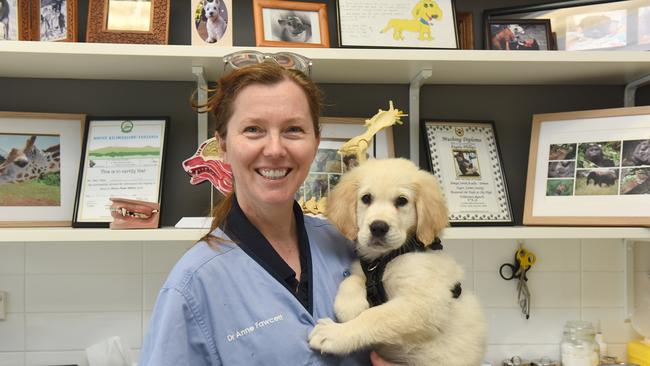
Northern District Times
Don't miss out on the headlines from Northern District Times. Followed categories will be added to My News.
A Sydney dog owner has been told to put her beagle in isolation for 10 days after contracting a highly infectious canine disease as a vet expert warns a recent spike in diagnosed cases could be linked to more people adopting puppies.
The West Epping dog owner took to a community Facebook group saying her beagle Buster was diagnosed with canine cough.
“PSA. My beagle in West Epping was diagnosed yesterday so now it’s isolation for him,” she said on social media, adding that Buster had contracted the illness despite being vaccinated.
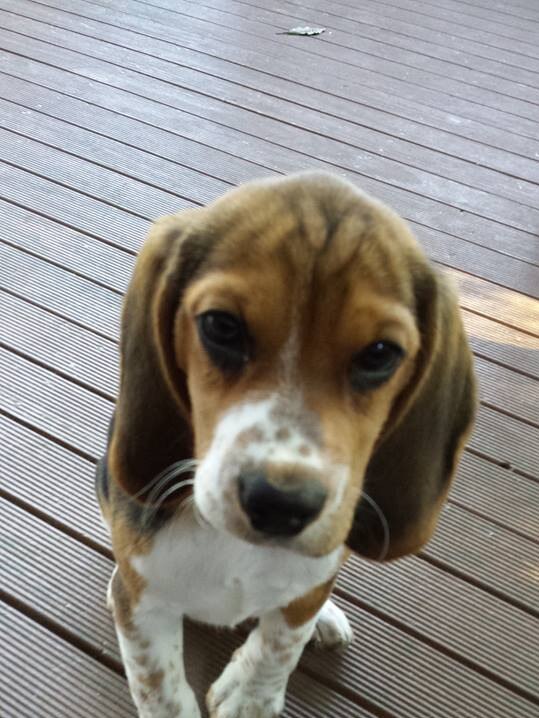
“He is vaccinated. (The) vet even said it doesn’t always protect.
“10 days isolation. Problem is he doesn’t understand why he can’t go for a walk. He’s not really that sick.”
The woman said her dog had most recently been to West Epping Park, Basil Cook Reserve and Kilpack Park in Carlingford.
Kennel cough is a contagious dog infection that causes tracheobronchitis, which is the inflammation of the lining in airways and can be spotted by a harsh dry cough.
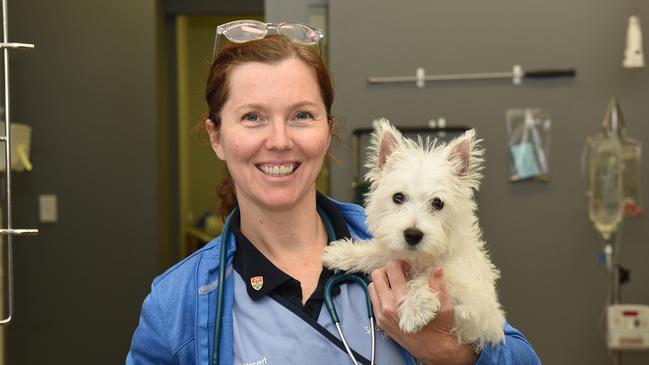
Sydney School of Veterinary Science lecturer Anne Fawcett said a rise in people adopting dogs during isolation could be a contributing factor.
Dr Fawcett, who is also a veterinary practitioner in the inner-west, said she has seen a recent increase in cases in the area.
“One possible reason for the spike in cases has been a huge increase in the number of puppies and dogs adopted into households,” Dr Fawcett told The Northern District Times.
“Puppies may not have had their complete vaccination series and so may be more susceptible.”
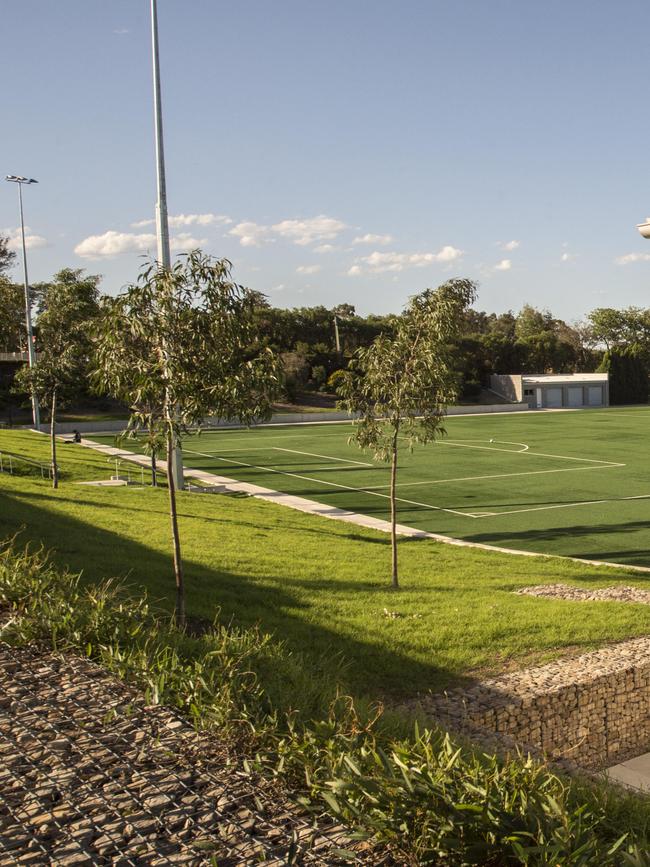
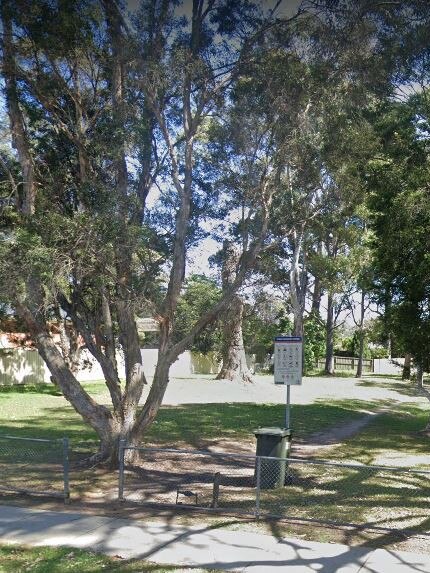
Dr Fawcett said kennel cough was a mild disease for most dogs yet she said it could be more “serious” for young pups and dogs with pre-existing heart and airway diseases.
When asked why dogs could still get the disease if they were vaccinated, Dr Fawcett said it was like the “flu shot” for people.
“Vaccines prevent the key strains but do not prevent every strain. However they reduce the risk of contracting kennel cough significantly and they boost herd immunity,” Dr Fawcett said.
Sydney’s Inner West Council has also issued a statement warning dog owners to be on the alert after a few reported cases in the area.
“We've received a few reports of dogs being diagnosed with Canine Cough after visiting local parks (...).” Council said on social media.
“If your dog is showing symptoms of Canine Cough, please do not exercise them around other dogs or allow them to share toys or water bowls.”
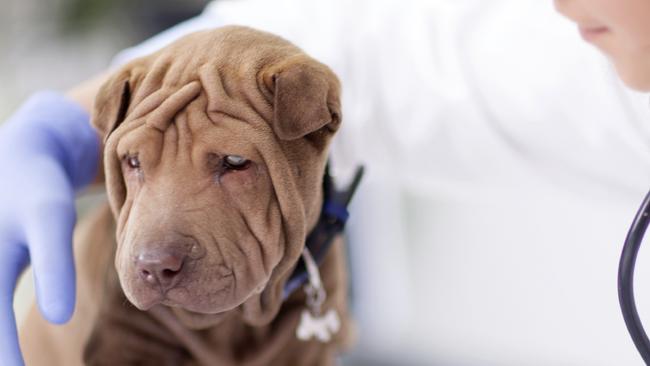
Dr Fawcett said the disease can last anywhere from a few days to two weeks in dogs.
During that time infected canines are told to keep away from other dogs for about two weeks and anti-coughing medication can be prescribed.
The veterinarian said the cough was hard to miss with some saying it sounded like their dog had something stuck in their throat.
If a dog is coughing and still able to keep food down and run, she said it was most likely not kennel cough yet said it was still best for all coughing dogs to be examined by a vet.
Parramatta Council, which overlooks West Epping, said it had not had anyone report cases of canine cough this year.
Dr Fawcett’s advice to prevent kennel cough:
- Vaccinate your dog – vaccinations against Bordetella Bronchiseptica and Parainfluenza virus are contained in the C5 or C7 vaccine
- Bring your own water source – you can reduce exposure to infectious organisms by providing your dog with his/her own water rather than using communal dog water bowls at the park
- Keep your dog at home if sick – keep sick dogs away from other dogs
